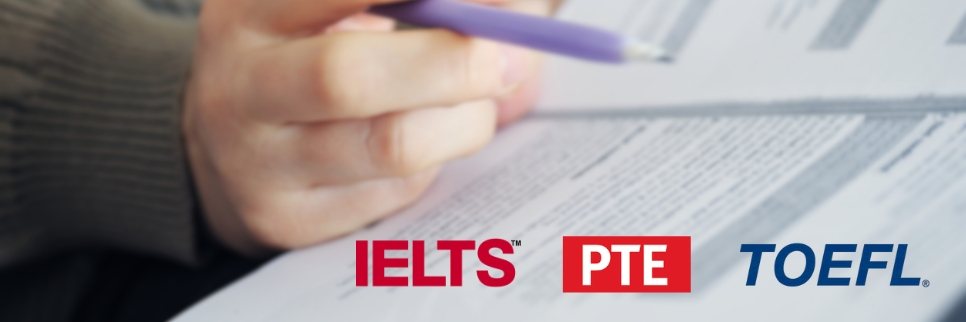Skimming and Cramming: How Students can remember their lessons quicker.

- October 20, 2023
- 1894
When studying for exams, students adopt a variety of study techniques. Some approaches work well, while others don't. Effective teaching strategies are advantageous because they enable pupils to comprehend and remember a lot of information. Methods that are ineffective are not only tiresome but also cause burnout.
As a result, it gets harder and harder for students who use these techniques to remember reliable and significant information. In light of the foregoing, this paper will discuss the inefficient study techniques of cramming and skimming.
Cramming is a study approach that entails making an effort to take in a lot of material quickly. The majority of students who utilize it prefer to study in the final few days before a test or when it is almost here. The pressure involved causes poor information retention over an extended period of time.
After that, it fulfills the objective of the test, which causes the student to forget a lot of material. Before the test day, a teacher frequently sets a lengthy deadline. Due to procrastination, the student almost doesn't realize when the deadline is about to expire.
A student might recall the test one or two days prior to the due date. In actuality, one day is insufficient to cover all the material a pupil may have covered. The student makes an effort to complete all of the work at that time and to retain as much information as possible (Pastorino and Doyle-Portillo, p. 216).
The brain can be compared to a sponge; therefore, information must be absorbed gradually. It might also be compared to a waterway that water flows through to enter a dam.
A constant stream of water normally passes through an entry without issue, but when a lot of water tries to pass through it, damage frequently results from overflooding, and some water also leaks out. When you cram, your brain experiences the same thing. Typically, some information is lost, and the habit can be harmful to one's health.
Another unproductive study strategy is skimming, particularly while getting ready for an exam. It is a technique that entails reading an entire chapter, a paragraph, or any other piece of writing with the intention of understanding only the essential concept.
As a result, the reader employing the approach scans the text rather than thoroughly reading it. The reader only reads the topic sentence; they do not read the additional sentences that explain or support the main idea.
Skimming is typically employed by someone who is already familiar with the material being read, since if the subject is unfamiliar, the individual may miss out on crucial aspects. A reader who scans this article, for instance, is likely to read the first paragraph, which is designed to present the thesis or key concept.
By doing this, they will be able to demonstrate that the essay concentrates on inefficient study techniques like cramming and skimming. The next stage would be to look for passages that clarify each method's purpose.
The reader won't waste their time reading the explanation part of this scenario. As a result, the strategy is useless because it leaves out a lot of important information. Additionally, it is completed quickly, leaving no time for extensive information synthesizing.
How to Remember Lessons Quicker
If you're a student preparing for an important exam, such as an N-level, O-level, or A-level, you're certainly familiar with the stress that comes from having a test the following day while your friends seem to understand the content without any trouble. Periodic disorientation is common, but if you consistently struggle, it's time to think about some efficient study techniques.
It can be discouraging to have frequent confusion and a sense of being lost in your studies, but it's important to keep in mind that everyone learns differently. You should experiment with different study techniques according to your learning preferences and style in order to overcome these obstacles. Making a focused study schedule, segmenting difficult subjects into manageable chunks, asking for assistance from instructors or peers, and using online tools or educational apps are a few examples. Practice exams, flashcards, and active note-taking can also aid in solidifying your comprehension of the material.
Exam success ultimately comes down to constant effort and a willingness to customize your study strategies to your unique demands. You may increase your knowledge of the subject matter, build your confidence, and increase your chances of getting the grades you want by experimenting with various techniques and asking for help when you need it. Keep in mind that the road to academic achievement is a personal one and that you may overcome the difficulties you encounter in your studies by adopting the proper strategy.
The blog focuses on both why skimming and cramming are inadequate study techniques, in addition to describing and also suggesting some useful solutions. Cramming is the practice of reading and trying to retain a lot of material in a short amount of time. On the other hand, skimming entails reading a text quickly in an effort to locate the essential concept. In that case, it is obvious that students who are reading for exams shouldn't resort to cramming or skimming.






